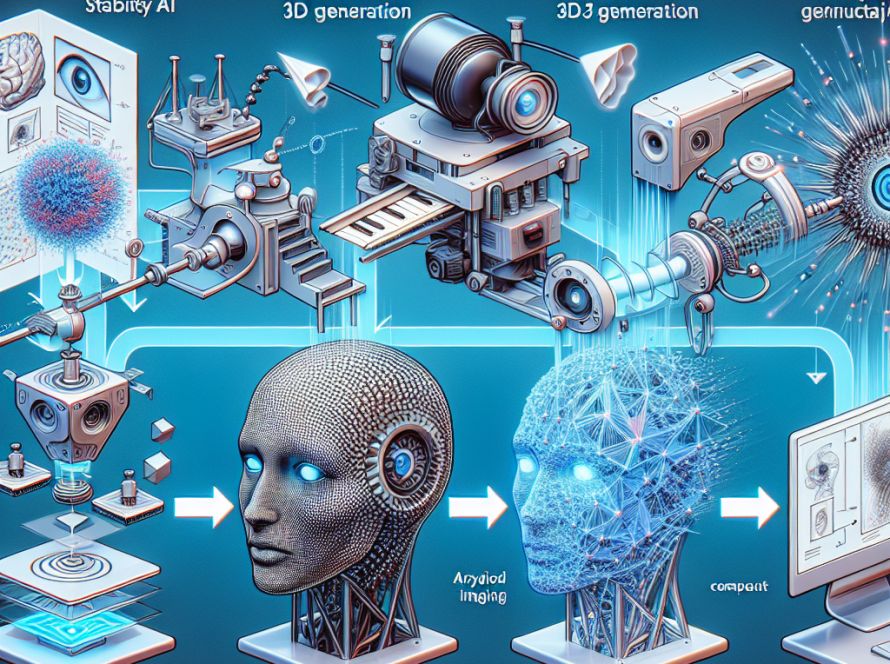Artificial intelligence (AI) is transforming various sectors, with the healthcare industry being one of the major benefactors. The benefits of AI in healthcare range from improving patient outcomes, enhancing care team coordination, to reducing staff burnout.
AI boosts patient results by increasing the efficiency of patient workflows and decreasing hospital stay lengths for conditions such as intracranial hemorrhage and pulmonary embolism. It aids in care team coordination by maintaining all important information in one place, allowing for better communication among team members and more efficient patient care.
In terms of reducing staff burnout, AI effectively allocates resources to handle emergencies, leading to better management of growing patient volumes and shrinking workforces. It also fosters a more productive work environment by optimizing health system performance to achieve the quadruple aim of healthcare. This includes enhancing patient experiences, improving public health, reducing costs, and improving work conditions for care teams.
Greater patient retention is another advantage of AI. While it’s hard to establish a direct link between increased disease awareness and greater hospital revenue, fewer missed patients can lead to more patient admissions and increased revenues. Some institutions have reported increases in admissions for conditions like intracranial hemorrhage and pulmonary embolism due to the use of AI.
AI also converts raw data into actionable insights which can guide better treatment decisions. It has been shown to reduce patient stays, with one study reporting an 11.9% and 26.3% length of stay reduction for intracranial hemorrhage and pulmonary embolism patients, respectively, after the implementation of AI triaging software.
Moreover, AI personalizes patient care by channeling patients quickly to relevant care teams for prompt decision-making. Despite no direct reimbursement for AI-assisted care, its intrinsic ROI makes it a profit center for healthcare systems. It creates new revenue streams through interventions that improve disease awareness, care coordination, and patient management.
Lastly, AI maximizes patient lifetime value. It identifies opportunities to generate revenue at each patient touchpoint. Strategies for patient retention are now more crucial than acquiring new patients. Health systems that use an integrated system of intelligence can benefit from predictive and personalized treatment plans, which improve disease awareness and resource efficiencies, ultimately augmenting patient retention.


